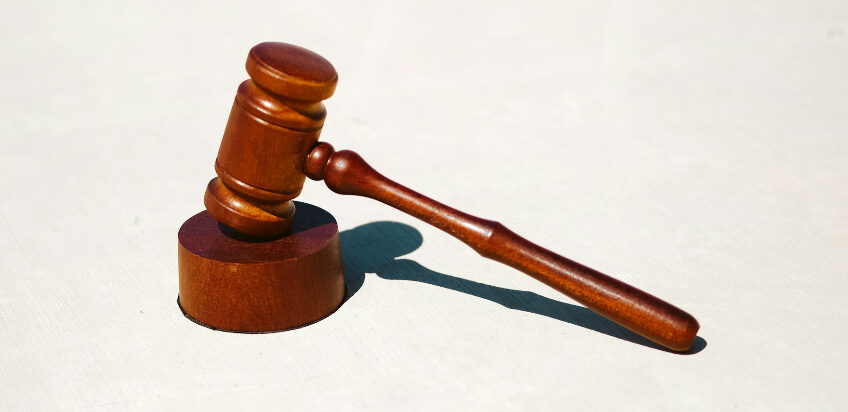Homeowners associations (HOAs) play a significant role in managing residential communities in New Jersey. They create rules to maintain property values and ensure community standards. However, conflicts can arise when HOA rules contradict state laws, leaving homeowners caught in a legal gray area. Understanding your rights and how to navigate these conflicts is essential to protect your interests.
The Role of HOAs and Their Legal Authority
HOAs govern private communities through a set of rules and bylaws, often outlined in a Declaration of Covenants, Conditions, and Restrictions (CC&Rs). These rules cover various aspects of community living, such as:
- Property maintenance requirements.
- Restrictions on exterior modifications.
- Use of common areas.
While HOAs have the authority to enforce these rules, their power is not absolute. New Jersey state law supersedes HOA rules when conflicts arise.
Common Areas of Conflict Between HOAs and State Law
Conflicts often emerge in areas where state law grants specific rights to homeowners or imposes limits on HOA authority. Examples include:
Solar Panels and Renewable Energy
- New Jersey’s Solar Rights Law prohibits HOAs from unreasonably restricting the installation of solar panels.
- If your HOA denies approval for a solar panel installation, their rules may be unenforceable under state law.
Parking and Vehicle Restrictions
- State law may protect your right to park certain vehicles, such as those with disability placards, even if HOA rules restrict specific types of vehicles.
Freedom of Speech
- New Jersey protects homeowners’ rights to display certain signs, such as political or election-related messages, which HOAs cannot outright ban.
Discriminatory Practices
- HOAs must comply with the New Jersey Law Against Discrimination (LAD). Rules that unfairly target individuals based on race, religion, disability, or other protected characteristics are unlawful.
When HOA Rules Are Enforceable
HOA rules are enforceable as long as they:
- Do not conflict with state or federal laws.
- Are consistent with the HOA’s governing documents.
- Are applied uniformly and without discrimination.
If an HOA rule violates any of these criteria, it may be deemed unenforceable in court.
How to Resolve Conflicts with Your HOA
If you believe an HOA rule conflicts with state law, follow these steps:
Review the Governing Documents
- Familiarize yourself with your HOA’s CC&Rs and bylaws.
- Identify specific clauses that conflict with state law.
Communicate with the HOA Board
- Submit a formal written request explaining the conflict.
- Provide references to applicable state laws or regulations.
- Request a hearing or meeting to discuss the issue.
Consult Legal Counsel
- If the HOA refuses to address the conflict, consult with a property or real estate attorney.
- An attorney can provide advice, draft a formal letter to the HOA, or represent you in legal proceedings.
File a Complaint with State Authorities
- For discrimination-related issues, you can file a complaint with the New Jersey Division on Civil Rights.
- Environmental or renewable energy conflicts may be addressed by state agencies overseeing those matters.
Your Legal Recourse
If disputes cannot be resolved amicably, homeowners have the right to pursue legal action. Common outcomes include:
- A court invalidating the conflicting HOA rule.
- Financial compensation if the HOA’s actions caused damages.
- Injunctive relief requiring the HOA to comply with state law.
Tips for Preventing Future Conflicts
To minimize the risk of conflicts with your HOA:
- Stay informed about your rights under New Jersey law.
- Attend HOA meetings and participate in decision-making processes.
- Advocate for reasonable, legally compliant rules within your community.
Conclusion
While HOAs serve an essential purpose in managing communities, their rules must align with state and federal laws. When conflicts arise, homeowners have the right to challenge rules that overreach or violate their legal protections. By understanding your rights and taking proactive steps, you can ensure that your interests are safeguarded within your community.
If you’re facing an HOA dispute or need legal guidance, consulting with an experienced attorney can help you navigate the complexities and protect your rights.
